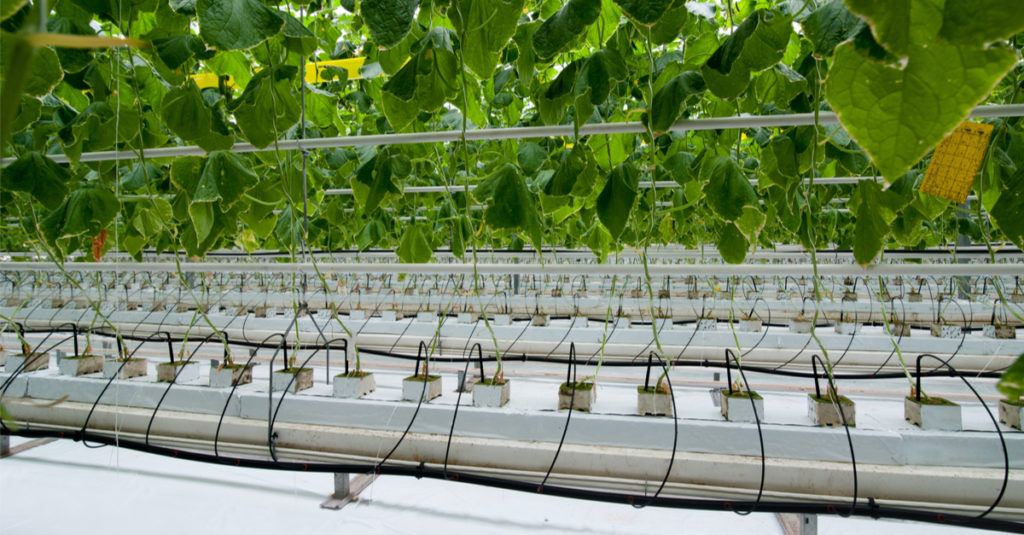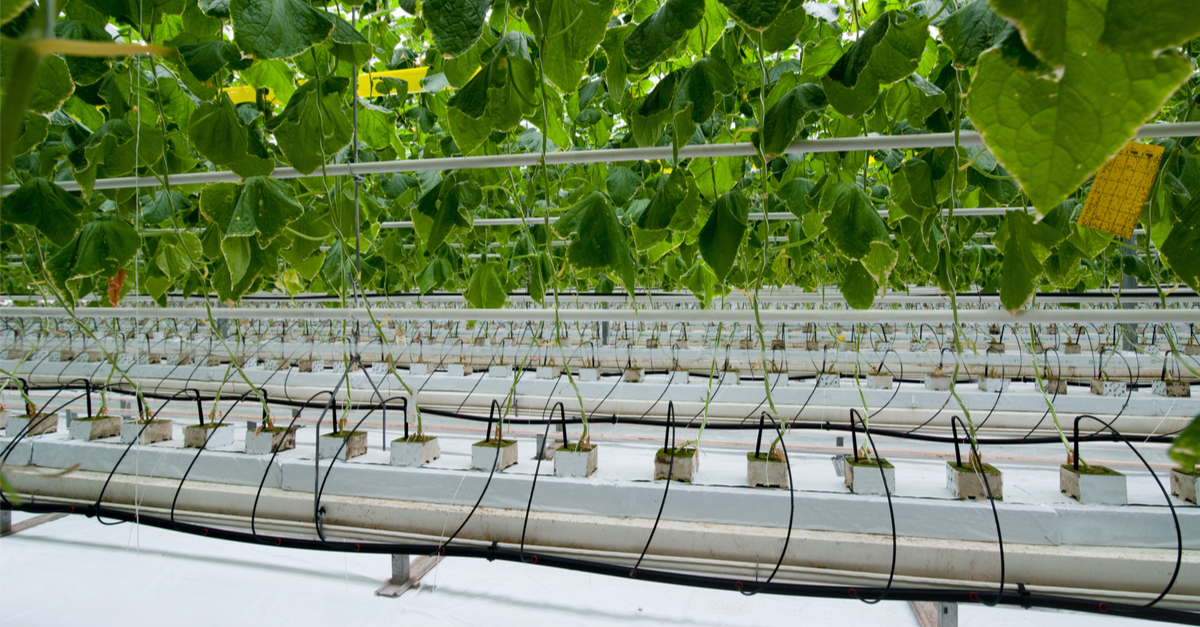
There is a growing trend around the world to address systemic social, economic and environmental problems from a “nexus” perspective that takes into consideration the interrelatedness and interdependencies between different sectors, particularly Water, Energy and Food.
As the water-energy-food nexus is central to sustainable development, demand for all three is increasing, driven by a rising global population, rapid urbanization, changing diets and economic growth. Agriculture is the largest consumer of the world’s freshwater resources, and more than one-quarter of the energy used globally is expended on food production and supply. The complex linkages between these critical domains require an integrated approach to ensuring water and food security, and sustainable agriculture and energy production worldwide.
Sustainable Development Agenda and WEF Nexus
The Sustainable Development Goals (SDGs), adopted by the 2030 UN Agenda for Sustainable Development, are indivisibly connected. These connections allow finding effective and efficient solutions to tackle the world’s problems. SDG 6 (water), 7 (energy) and 2 (food security) are not only closely connected to each other but also eminently important for the Nexus approach.
A Nexus perspective is therefore essential for promoting the integration of goals across sectors and reducing the risk of sector-specific SDG actions undermining each other. The nexus approach also analyses trade-offs and synergies between goals and therefore serves as a ‘vehicle’ that boosts the implementation of the 2030 Agenda.
As well as contributing to the SDGs, the Nexus seeks to maximize poverty reduction and achieve economically and environmentally sustainable outcomes.
As a member of the Global Compact Network Lebanon, Berytech enacts the 10 principles of the UNGC and all theprograms and initiatives fall under Berytech’s mission to contribute to the Sustainable Development Goals.
Water-Energy-Food Security in the Arab World
The water-energy-food security nexus framework is particularly suited to the Arab region given the stressors, constraints and strong interdependencies between sectors. It is further necessitated by the cross-sectoral effect of climate change predicted for the region.
The United Nations Economic and Social Commission for Western Asia (ESCWA), as part of efforts to help member countries achieve an integrated approach to the SDGs, is implementing a project to develop their capacity to examine and address the water and energy nexus. “The utilization of technology and science in food, water, and energy security has proved to be the most effective and productive way in many parts of the world. The interrelationship between energy, water and food is of paramount importance in Arab countries and becomes more urgent in a region that lacks water and food and suffers from conflicts that were said to be born due to the economic and living needs for food, energy, and water. At the same time, there are scientific potentials in our universities and research centers that are not linked to the problems of our society and economy, and there lies the opportunity to channel scientific and investment potential towards transforming sustainable development challenges into targeted investment opportunities”, explains Dr. Fouad Mrad, Frontier Technologies Program at UN-ESCWA.
In the MENA region – where economic and political challenges are common and resources are scarce, water, energy and food securities are considered an important drive to peace and prosperity. Water security, energy security, and food security are inextricably linked and actions in any one area usually have impacts in one or both of the others; “therefore, there is a need to tackle this matter at the macro and government policy level through mobilizing the innovation ecosystem to improve access to these resources and mobilizing their use to optimize economic development,” comments Ramy Boujawdeh, Deputy General Manager at Berytech.
He went on to say that there was a need to put more effort regionally and locally to create the right context to develop awareness, generate opportunities and build momentum for innovation in the field of Agriculture, Food, Water, Sanitation and Renewable Energies. “This is where Berytech comes in, under the ACT smart Innovation hub initiative, bringing experts, innovators, and researchers together in Lebanon.”
Urgent solutions are required for Lebanon to improve agriculture and feed its growing population. We need to apply sustainable practices, following the water, energy and food nexus. Some of the most crucial reforms required are solutions to optimize the use of water in irrigation, to implement renewable energies to energize the sector and to employ science to breed crops that are resistant to drought and disease.
Based on this, Berytech has designed its ACT Smart Innovation Hub in a way that examines the linkages from a pragmatic hands-on perspective and brings all concerned stakeholders under one broad collaboration umbrella.
From a Triple Helix approach to a Nexus continuum
Berytech is aware that a thriving entrepreneurship ecosystem around the Agri-food and the Cleantech sectors is key in the growth and sustainability of the intended operations. As such the following measures and mechanism were introduced in the ACT Smart initiative, building on the lessons learned from the Agrytech Program since 2017 and the recommendation to adopt a Triple Helix Approach.
The ACT Smart Innovation Hub initiative, funded and supported by The Kingdom of The Netherlands, runs over 36 months from September 2019 to August 2022. It includes two accelerator programs – Agrytech and Cleanergy, and it aims to create 200 direct job opportunities and 400 indirect job opportunities with at least 50% linked to youth and 25% linked to women.
New like-minded institutions have been brought on board to support the process of ecosystem development. The Issam Fares Institute for Public Policy and International Affairs of the American University of Beirut are in charge of hosting working groups on Waste, Energy and Water, while the National Industrial Research Institute is in charge of the Academic Research and Innovation to Industry component. The involvement and buy-in of both institutions also significantly raise the sustainability prospects of both initiatives beyond the lifetime of the ACT Smart Innovation Hub initiative and translates the commitment of the program to adopt a Triple Helix approach.
A set of agreements will be signed with major universities and professional bodies to create synergies with the different ACT Smart components, beyond the strict boundaries of the acceleration component. For example, universities will be encouraged to direct final year students in engineering or STEM degrees to design their final year projects to benefit from Berytech support under ACT Smart Innovation Hub.
QOOT, the Agri-food Innovation Cluster will be supported to achieve the Silver Certification Label according to the European Cluster Excellence standards.
The ACT Smart Coordination meetings and joint events will be designed in a way that stress how a Triple Helix approach is implemented in practice and how it is feeding into the Water, Food and Energy nexus.
Read about all of Berytech’s activities under the Nexus approach here.
Reference: https://www.unwater.org/water-facts/water-food-and-energy /








